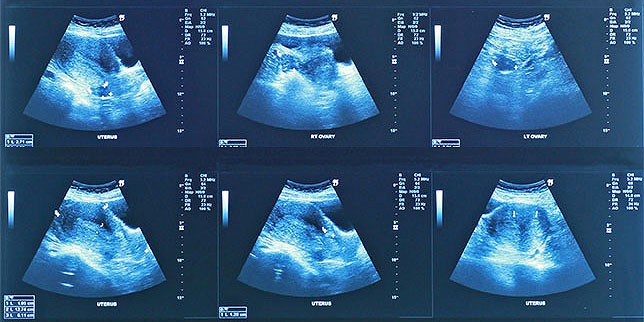The mission and vision of the division, is built upon several premises:
- Population health research focuses on health and disease outcomes in populations rather than individuals.
- A life course approach, from gametes through adulthood, is important for studying health and disease.
- Hierarchical data are required for measuring environmental exposures affecting individuals, couples, or families.
- Trans-disciplinary research teams and partnerships improve population health.
- Timely translation of research findings is vital for maintaining and improving health.
To accomplish this mission, the division designs and conducts innovative etiologic and interventional research from pre-pregnancy through adulthood, translates research findings into clinical practice or public policy to maximize health and eliminate health disparities, and builds capacity through mentoring and serving our professions.
The division aims to be a leader in population health research by focusing on successful reproduction, the health and well-being of pregnant women and their infants, and the optimal growth and development of children and adolescents across the lifespan. With the population as its observational laboratory, the division uses collaboration, discovery, ethics, innovation, interdisciplinary teamwork, and mentoring as core values in fulfilling its mission and vision.
Highlights
- Maternal Mental Wellness and Women's Health. Learn about NICHD research efforts related to maternal mental health, including depression and anxiety during and up to 1 year after pregnancy.
- Selected NICHD Research Advances of 2024
- Division Annual Report 2023 (PDF 1 MB)
- News Release: NIH announces winners of data challenge to identify risk factors for first-time pregnancies. Awarded projects of the Decoding Maternal Morbidity Data Challenge seek to reduce pregnancy complications and prevent maternal deaths.
- Biospecimen Repository and Data Sharing (BRADS)


 BACK TO TOP
BACK TO TOP